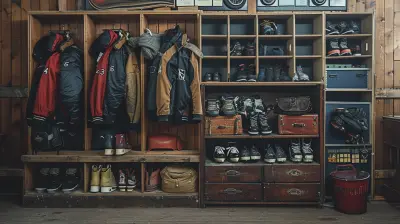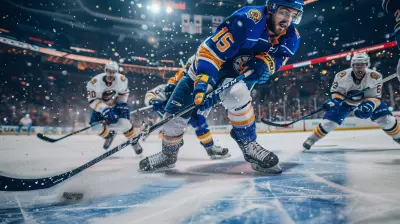When Legends Fall: Scandals That Shattered Athlete Legacies
17 June 2025
Let’s face it—sports legends aren't just players on a field; they're heroes. We look up to them. We cheer. We cry with them. Sometimes, we even name our kids after them. But what happens when those same legends fall? When their stories turn from highlight reels to headlines for all the wrong reasons?
In this post, we’re diving deep into the world of greatness gone wrong. It’s raw, it's real, and it reminds us that behind every legendary jersey number lies a human being—flawed, vulnerable, and capable of making mistakes just like the rest of us.
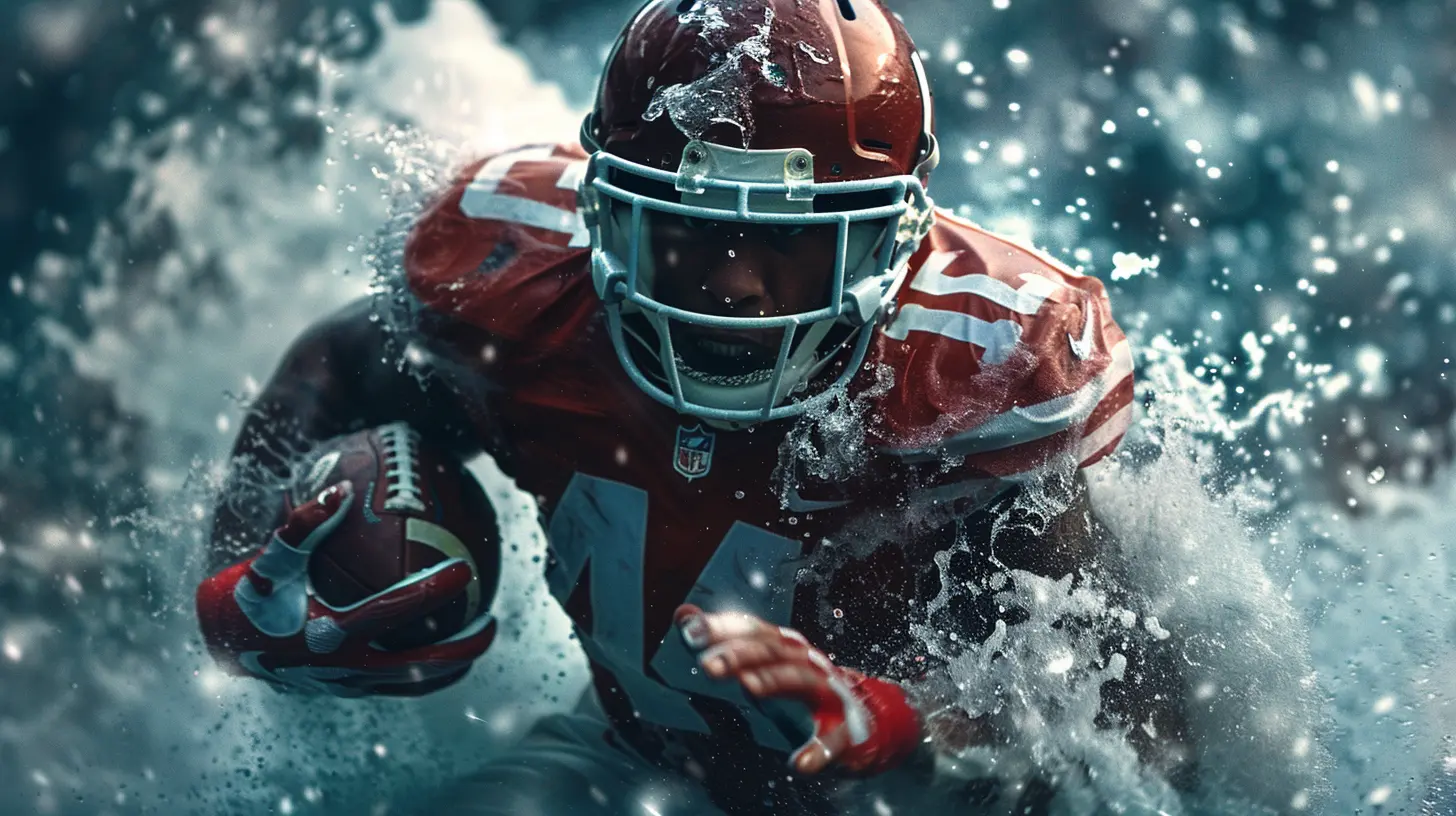
The Heavy Weight of Greatness
Being a legendary athlete isn’t easy. The world watches your every move—on and off the field. Fame, fortune, expectations, and pressure cook up a deadly cocktail, and not everyone can handle the heat. Sometimes, instead of rising above it, they spiral.Some scandals are career-ending. Others taint legacies that once seemed untouchable. And while redemption is sometimes possible, the fall is rarely forgotten.
So, why do we care so much? Simple. Legends don’t just play sports—they become part of our identity. And when they fall, it feels like a tiny part of us falls with them.
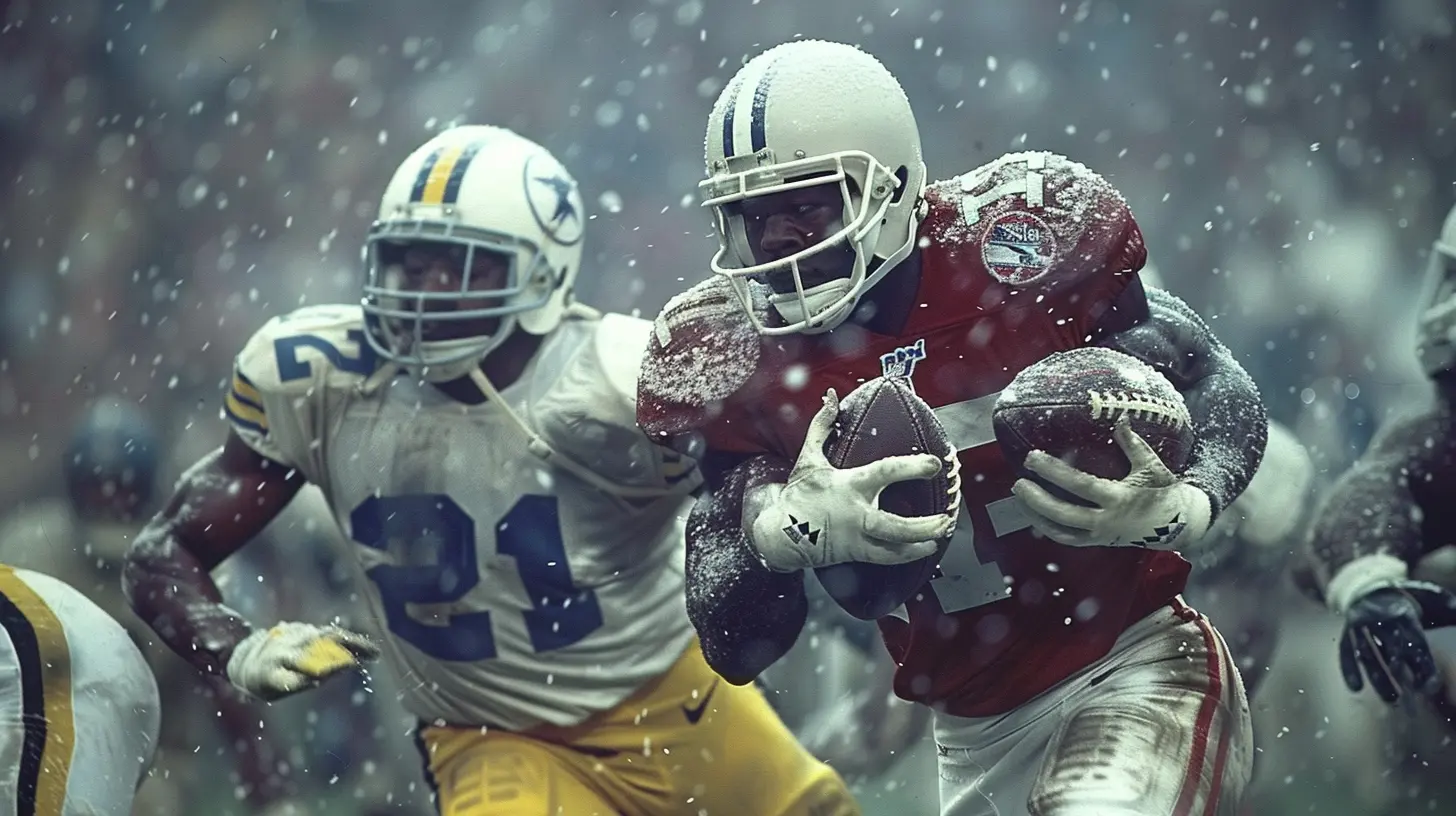
The Fine Line Between Fame and Infamy
Let’s walk through the stories of athletes whose greatness was overshadowed by controversy. Each name once brought cheers—but now sparks debates, eye-rolls, or even heartbreak.Tiger Woods – From Fairways to Front Pages
Ah, Tiger. The face of golf. A man who brought life and excitement to a sport that once whispered instead of roared.For years, Tiger owned the PGA Tour. Records shattered, titles piled up, and kids everywhere picked up golf clubs just to be like him. But in 2009, everything changed. When the scandal involving his extramarital affairs unraveled, it wasn’t just a personal tragedy—it was public.
Sponsors dropped him. His clean image was stripped away like a Band-Aid from a wound too deep to hide. Sure, Tiger made an incredible comeback in 2019 with another Masters victory. But even now, when people talk about him, the conversation always includes that infamous chapter.
Lance Armstrong – The Ultimate Fall from Grace
If there’s one story that screams “legend to lesson,” it’s Lance Armstrong’s.Seven-time Tour de France winner. Cancer survivor. Founder of Livestrong. He wasn’t just admired—he was idolized. But in 2012, after years of denying doping allegations, Lance finally admitted he’d used performance-enhancing drugs. Boom. His titles? Stripped. His reputation? Shattered.
Talk about whiplash. One minute, you're wearing a yellow jersey. The next, you're wearing shame.
Lance went from symbol of hope to punchline. His story reminds us that when you build a legacy on lies, it only takes one truth to tear it all down.
O.J. Simpson – The Trial That Divided a Nation
Before the white Bronco chase and the "If it doesn’t fit, you must acquit" defense, O.J. Simpson was one of the greatest running backs the NFL had ever seen.He was a Heisman Trophy winner, a Hall of Famer, and a beloved media personality. But all of that came to a screeching halt in 1994 when he was charged with the murder of his ex-wife Nicole Brown Simpson and her friend Ron Goldman.
Though he was acquitted criminally, the court of public opinion remains split. Some still defend him. Others see him as a symbol of what happens when fame clouds justice.
One thing's for sure: O.J. is no longer remembered for touchdowns but for trials. And that’s a legacy no one dreams of.
Marion Jones – Gold Medals and a Broken Reputation
Marion Jones was America’s golden girl—literally. At the 2000 Sydney Olympics, she sprinted her way into history, grabbing five medals and the world's admiration.But in 2007, she admitted to using performance-enhancing drugs. The fallout? Devastating. Her medals were stripped, her credibility gone, and she even served six months in prison.
What made Marion’s fall especially tough was her denial. For years, she swore up and down that she was clean. When the truth hit, it stung even more.
Her story’s a cautionary tale of how quickly public perception turns from pride to pity.
Barry Bonds – Homers and Suspicion
Barry Bonds was a monster at the plate, smashing home runs like they were batting practice. He holds the record for the most home runs in a single season and all-time—so why isn’t he celebrated like Babe Ruth or Hank Aaron?Steroids. Allegedly.
While Bonds never officially tested positive, his name was at the center of the BALCO scandal. His physical transformation, coupled with his incredible late-career surge, made many eyebrows arch.
He remains outside the Hall of Fame—not because he didn’t perform, but because people can’t separate his numbers from the needle.
Aaron Hernandez – From NFL Star to Convicted Killer
Perhaps no fall from grace was as shocking and tragic as Aaron Hernandez's.Drafted by the New England Patriots, Hernandez was a young tight end with a sky-high ceiling. Fast, tough, and already establishing chemistry with Tom Brady, he was supposed to be a star.
Then came the murder charge.
In 2013, Hernandez was arrested for the murder of Odin Lloyd. In 2015, he was convicted and sentenced to life in prison. Just two years later, he was found dead in his cell—an apparent suicide.
His story isn’t just a scandal—it’s a heartbreaking tale of wasted potential, mental health issues, and what happens when demons go unchecked.
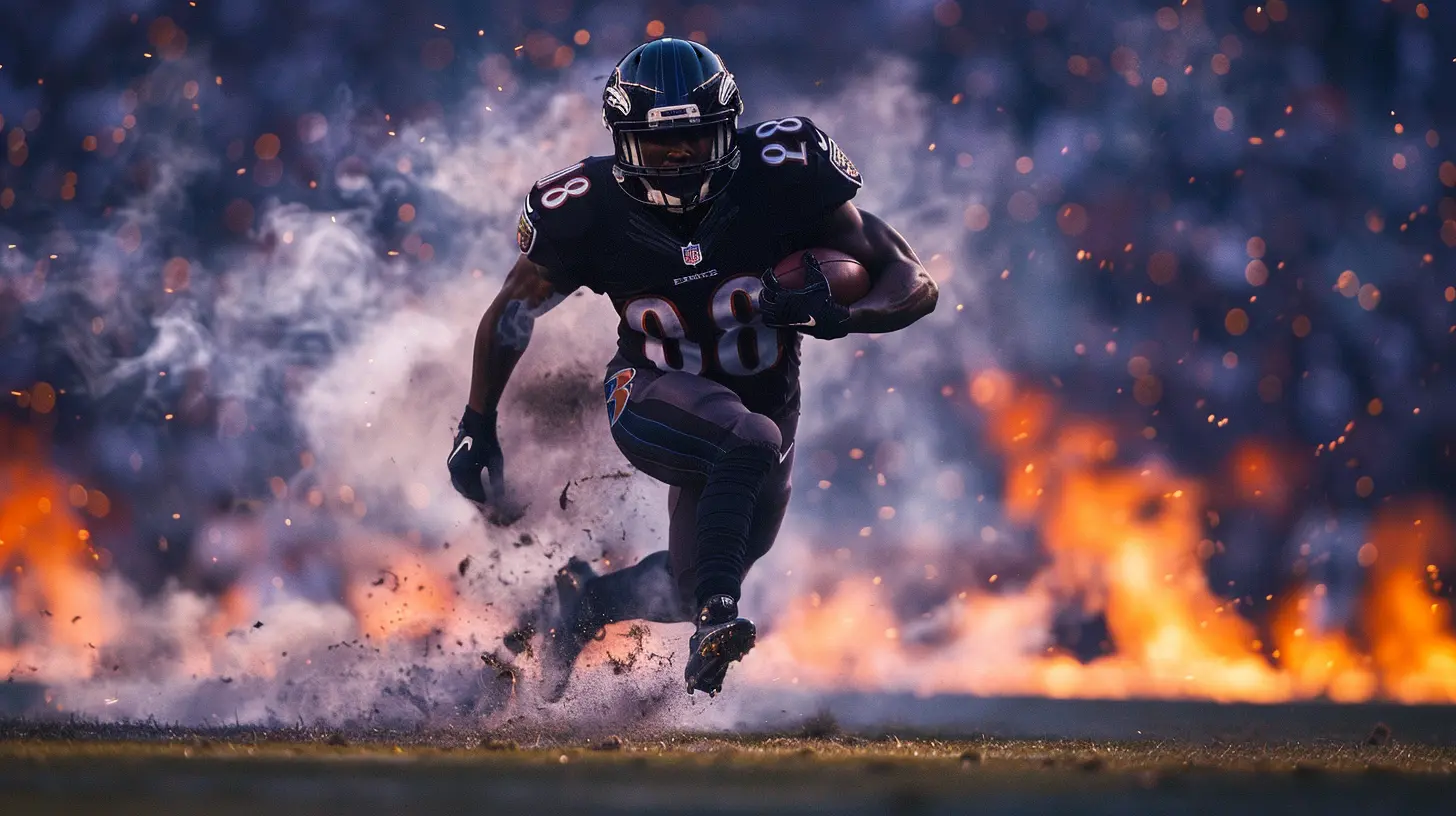
The Emotional Fallout – Fans, Families, and Faith
It’s easy to talk about contracts, endorsements, and championships. But what about the people left behind?Fans feel betrayed. Kids who wore jerseys suddenly question their role models. Families of victims live with pain that headlines can’t capture. And the athletes themselves? Whether they admit it openly or not, most carry the weight of regret for the rest of their lives.
Scandals don’t just hurt careers—they fracture souls.
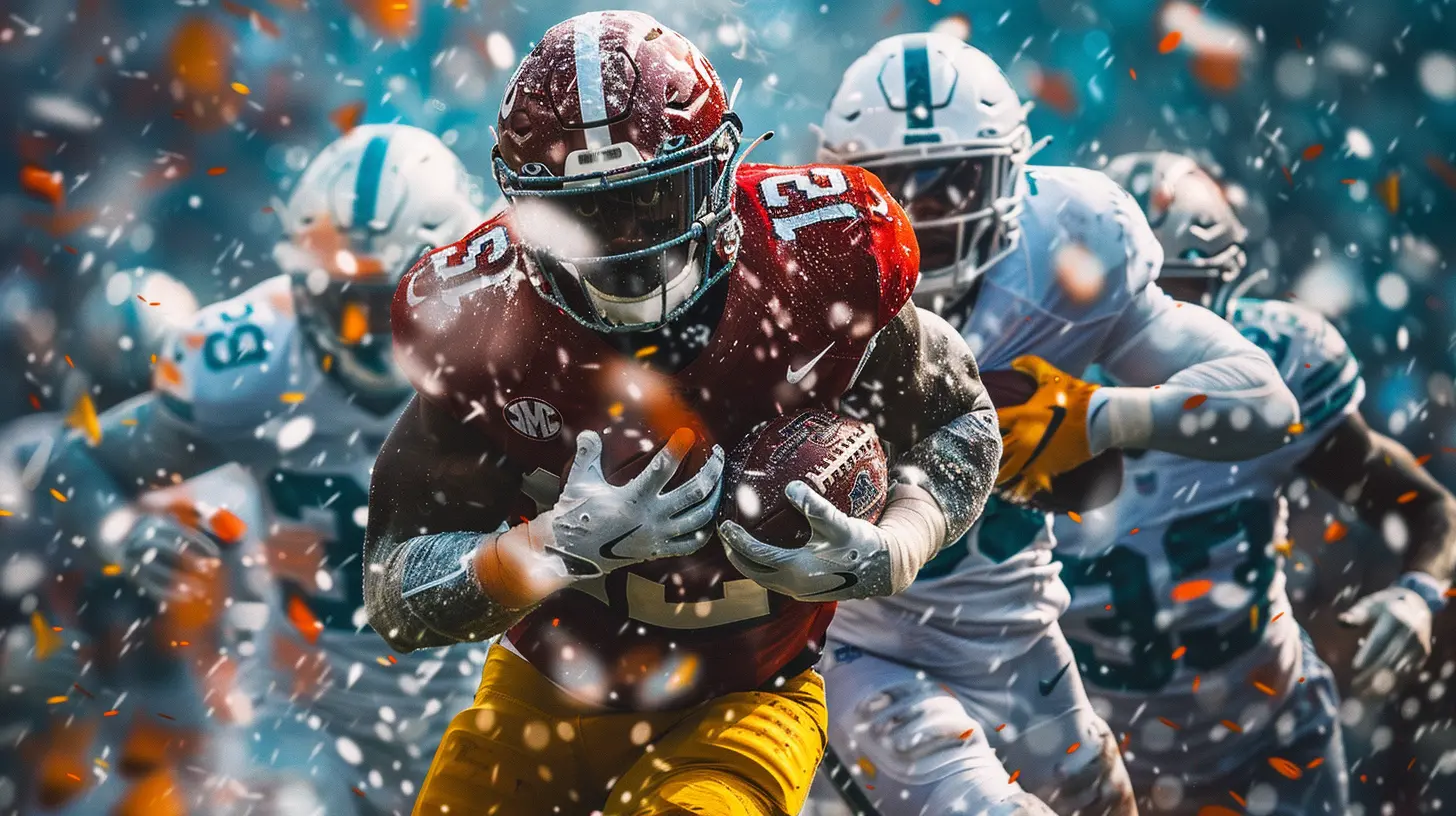
Can Fallen Legends Ever Rise Again?
Redemption—now that’s a tricky word. Some athletes manage to claw their way back into the public’s good graces. Tiger Woods is a prime example. Michael Vick, after serving prison time for dogfighting, returned to the NFL and became a vocal advocate for animal rights.But others? They get permanently benched in the minds of fans.
So, can fallen legends rise again? Sometimes. But it takes more than PR spin. It takes honesty, time, humility, and a willingness to own your story—no matter how messy it is.
What These Scandals Teach Us
These stories aren't meant to shame; they're here to shine a light. Because let's be real—we all screw up. The scale might be different, but the lesson remains: choices matter.Athletes aren't robots. They're not gods. They're human. And when we put them on pedestals so high it touches the clouds, we forget that they're walking the tightrope of life just like the rest of us.
So maybe, just maybe, the next time a scandal breaks, we can lead with both accountability and empathy.
Final Thoughts: More Than Just a Game
Sports are more than stats and scores—they're stories. Some inspire, others warn. When legends fall, the echo is loud, but the lessons are louder.We should never excuse wrongdoing. But we also shouldn’t forget the person beneath the helmet or behind the bat. Because when legends fall, it reminds us that heroes aren't perfect—and maybe they were never meant to be.
Instead of asking, “How could they do that?” sometimes it’s healthier to ask, “How can we make sure no one else follows the same path?”
In the end, it’s not just about honoring the games we love. It’s about choosing integrity over image—every time.
all images in this post were generated using AI tools
Category:
Sports ScandalsAuthor:

Umberto Flores
Discussion
rate this article
2 comments
Mitchell Lopez
This article offers a compelling examination of how scandals can tarnish the legacies of even the most accomplished athletes. It prompts reflection on the complexities of fame and the impact of personal choices on public perception. Excellent insights into a nuanced topic!
June 23, 2025 at 4:12 AM

Umberto Flores
Thank you for your thoughtful comment! I'm glad you found the examination of fame and its complexities resonant. Your insights are appreciated!
Rhea McCray
It's always bittersweet when heroes stumble. These scandals remind us that even legends are human, making their triumphs—and failures—more relatable.
June 18, 2025 at 4:43 AM

Umberto Flores
Absolutely, it highlights the complexity of heroism and how our imperfections make us more relatable.
